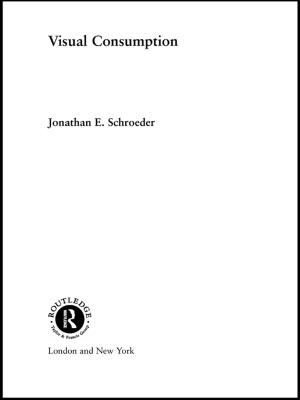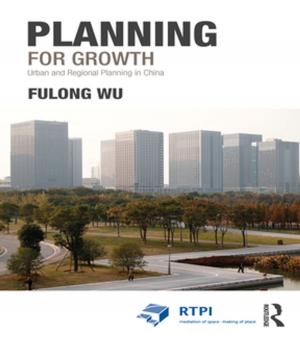| Author: | ISBN: | 9781315530673 | |
| Publisher: | Taylor and Francis | Publication: | September 22, 2017 |
| Imprint: | Routledge | Language: | English |
| Author: | |
| ISBN: | 9781315530673 |
| Publisher: | Taylor and Francis |
| Publication: | September 22, 2017 |
| Imprint: | Routledge |
| Language: | English |
Clarendon Reconsidered reassesses a figure of major importance in seventeenth-century British politics, constitutional history and literature. Despite his influence in these and other fields, Edward Hyde, first Earl of Clarendon (1609–1674) remains comparatively neglected. However, the recent surge of interest in royalists and royalism, and the new theoretical strategies it has employed, make this a propitious moment to re-examine his influencecontribution. Chancellor of the Exchequer, Lord Chancellor and author of the History of the Rebellion (1702–1704), then and for long afterwards the most sophisticated history written in English, his long career in the service of the Caroline court spanned the English Revolution and Restoration. The original essays in this interdisciplinary collection shine a torch on key aspects of Clarendon’s life and works: his role as a political propagandist, his family and friendship networks, his religious and philosophical inclinations, his history- and essay-writing, his influence on other forms of writing, and the personal, political and literary repercussions of his two long exiles. Pushing the boundaries of the new royalist scholarship, this fresh account of Clarendon reveals a multifaceted man who challenges as often as he justifies traditional characterisations of detached historian and secular statesman.
Clarendon Reconsidered reassesses a figure of major importance in seventeenth-century British politics, constitutional history and literature. Despite his influence in these and other fields, Edward Hyde, first Earl of Clarendon (1609–1674) remains comparatively neglected. However, the recent surge of interest in royalists and royalism, and the new theoretical strategies it has employed, make this a propitious moment to re-examine his influencecontribution. Chancellor of the Exchequer, Lord Chancellor and author of the History of the Rebellion (1702–1704), then and for long afterwards the most sophisticated history written in English, his long career in the service of the Caroline court spanned the English Revolution and Restoration. The original essays in this interdisciplinary collection shine a torch on key aspects of Clarendon’s life and works: his role as a political propagandist, his family and friendship networks, his religious and philosophical inclinations, his history- and essay-writing, his influence on other forms of writing, and the personal, political and literary repercussions of his two long exiles. Pushing the boundaries of the new royalist scholarship, this fresh account of Clarendon reveals a multifaceted man who challenges as often as he justifies traditional characterisations of detached historian and secular statesman.















